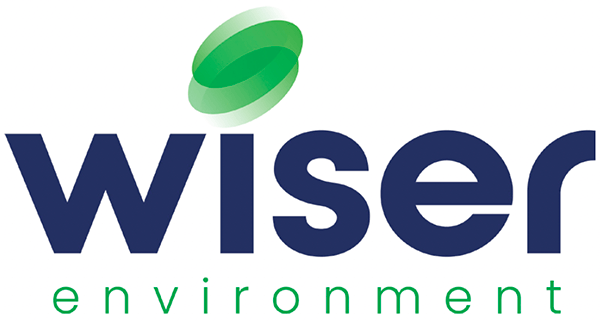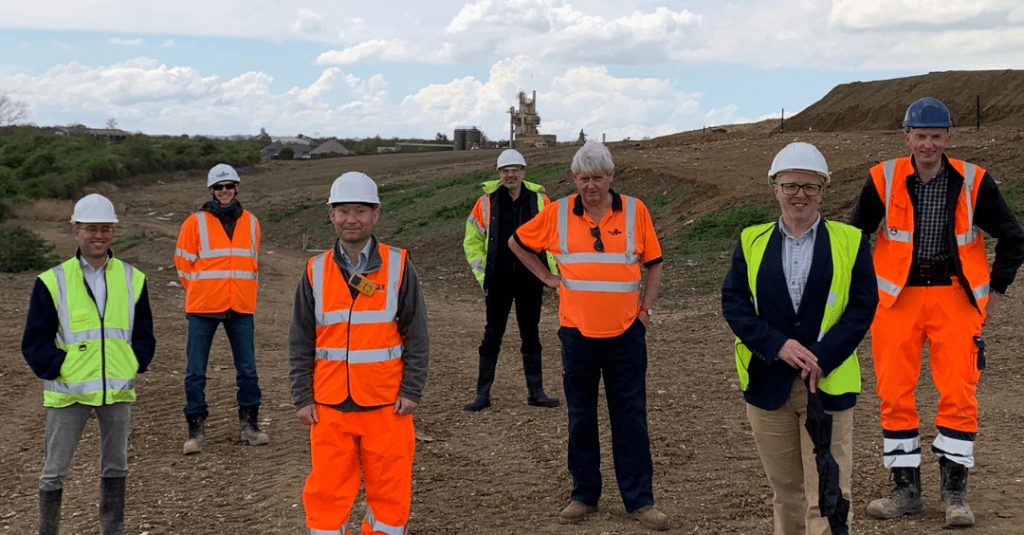As the Vietnamese Government has gradually expanded its Law on Environmental Protection, operators who wish to import waste into Vietnam should stay informed. Over time, Vietnam has responded to environmental incidents with increased environmental legislation. Whilst the strengthening of the Law on Environmental Protection does hold businesses to account, it also increases complexity.
To help operators maintain compliance, the Vietnam specialists at Wiser Environment can provide Environmental Impact Assessments and waste importing support. For more information, contact us or call on +44 1480 462232.
Law on Environmental Protection
Encouraged by the Ministry Of Natural Resources and Environment (MONRE), the Socialist Republic of Vietnam amended their Law on Environmental Protection (No. 55/2014/QH13). Notable amendments include requirements for MONRE approved Environmental Impact Assessments (EIA) and additional restrictions to waste imports.
Taking a significant step towards sustainable development, the Vietnamese Government introduced the Law on Environmental Protection in 2014. The legislation follows the Government’s intention to strategically improve its environmental protection. Which is further emphasised in the Vietnamese Prime Minister’s statement in the Implementation of Sustainable Development in Vietnam report: “Sustainable development represents a common trend along which the entire humankind is endeavouring. It is also an important strategic goal that the Communist Party, Government and people of Viet Nam are determined to attain”.
Harm to the natural environment, biodiversity and community health
Despite the Law’s good intentions to provide statutory provisions on environmental protection activities, Vietnam’s environment continues to face significant challenges. Notable environmental incidents include avoidable pollution resulting from poor resource management.
For instance, incidents concerning the activities of a steelmaking plant and fluorescent tube manufacturer are clear examples of poor waste management leading to harm within the natural environment, biodiversity and community health.
Regarding the steelmaking plant Formosa Ha Tinh Steel Corporation, they were found responsible for the polluting the surface water within the Ha Tinh, Quang Binh, Quang Tri and Thua Thien-Hue provinces. Here, the steel manufacturer acknowledged that the mismanagement of their industrial wastes resulted in phenol, cyanide, iron hydroxides and other harmful compounds discharging into Vietnam’s surface water and killing over a hundred tons of fish.
In a further well-known incident, the fluorescent tube manufacturer Rang Dong Light Source company also admitted to causing environmental damage. In 2019 a fire broke out at a lighting storage facility and 27.2 kilograms of mercury polluted the Hanoi environment. The fire, which lasted for five-hours, raised health concerns within the local community.
Environmental Impact Assessment for waste treatment facilities
In response and establishing further environmental and legislative scrutiny, the Vietnamese Government installed Decree no. 18/2015/ND-CP. Alongside environmental protection planning and strategic environmental assessments, the Decree no. 18 stipulated when development projects required an EIA.
Specifically, waste treatment facilities that handle either hazardous waste or 10 metric tons of solid waste a day need a MONRE assessed and approved EIA report. Minimising the negative effects of the development, the EIA report scopes stakeholder opinion and ensures that developers justify the environmental impacts of their project.
Vietnam waste import restrictions
Building upon the amendments made in Decree no. 18/2015/ND-CP, the Vietnamese Government expanded its Law on Environmental Protection further with Decree no. 40/2019/ND-CP. Broadly, Decree no. 40 tightened requirements for waste imports. Namely, imported waste resources must meet the following requirements before being used as a production material:
- Listed within Decision No. 73/2014/QD-TTg as a permitted import for production use;
- Only import waste resources as raw materials;
- Imports paired with e-manifests that declare pertinent information presented in Guidance Note No. 6889/TCHQ-GSQL;
- Access to secure storage and treatment facilities that meet environmental protection requirements;
- Confirmation from customs authorities that the importer holds a certificate of eligibility for environment protection;
- The importer has posted a bond that ensures that they maintain financial responsibility for the environmental risk posed;
- A MONRE approved EIA report that outlines the use of imported waste resources as production materials and confirms completion of environment protection objectives; and
- Lastly, Vietnam will re-export any imported waste that fails to meet the aforementioned required standards.
Wiser Environment can help operators import waste into Vietnam
Wiser Environment’s Vietnam specialists, supported by our UK waste experts, possess a strong environmental legislation background and can help Vietnamese waste importers to navigate the complex Law on Environmental Protection. Meeting the Decree no. 18’s stipulations on EIAs, the team at Wiser hold a broad range of higher education and postgraduate qualifications.
With consideration to the team’s international experience, Wiser Environment is well suited to provide those who import waste into Vietnam with practical procedures and policies that improve environmental performance. Contact us or call on +44 1480 462232 for more information.



